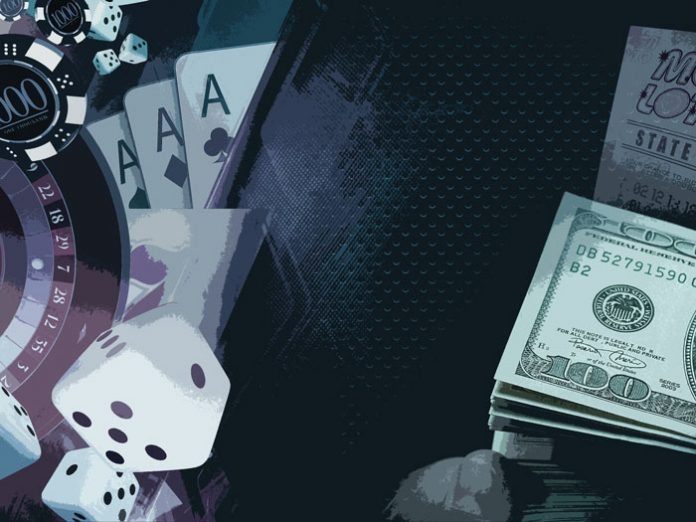Meira was getting dressed for her visit to Rabbi Brody, where she would ask him to pray for her because her own prayers were not being answered. When she was 19, a student at Brooklyn College, G-d had answered her prayers. She prayed for a husband, and a week later, she was introduced to him by a Chumash teacher from her high school. After she got married, she prayed for a piano, and her neighbor’s mother gave her an old black Steinway for free, which she played for years but had to leave behind when they moved to Jerusalem.
And then in Jerusalem, she had prayed for a son. She’d gone to the Kotel for 40 days in a row, crying, begging G-d to answer her. She’d recited one line from Tehillim over and over: He transforms the barren wife into a glad mother of children. G-d had given her a precious son.
Now it seemed her prayers were no longer working. She prayed and prayed for her son, her only son, Eliezer, to find a profession, to find a wife, to give up gambling, but her prayers had not been received. His habit had grown into an obsession, which only gathered strength with the arrival of the Internet. And now Eliezer had asked her for more money: a thousand dollars. He said he would turn it into ten thousand—a one-time opportunity that they couldn’t miss. A kind of start-up, he said. Not just poker.
She wished that she could stay in bed and not have to face him. She didn’t have money to gamble with, certainly not a thousand dollars. But part of her wondered. You never knew. Today, the radio had reported that it was the winter equinox. The shortest day of the year, the last night of Chanukah. Tomorrow the days would begin getting longer. It could be a turning point.
Her son hardly left his room. When she woke, he might still be up, fixing himself a cup of coffee, on his way to bed at 7 a.m. The caffeine didn’t bother him. This morning he had said, “You’re looking very beautiful, Ima. And what about that thousand dollars? We have to put in at least a thousand. Ima, if I can get this money, I’ll be able to quit gambling. I know we can make a lot of money with this.”
“How do you know?”
“I have a tip. But I can’t tell you about it. It’s a secret.” He smiled at her and his dimples made him look like he had when he was a young boy. Then he gave her a hug that she felt in her ribs.
Even though she didn’t like being pressured for money, she couldn’t help smiling. She knew she was no longer beautiful. But he was able to charm her. She looked in the full-length mirror near the front door—her skirt was old, the blue wool sweater fraying. She had bleached and ironed the white shirt so that even though it was old, it was bright and spotless. She took a certain pride in making her clothes last and even look respectable.
How could she give him money? All of the bills were hers now, and her husband had had no life insurance. Not that Shalom had ever made much of a living. They’d gotten married when they were only 20. She was smitten with Shalom’s deep voice and intelligence and his love of Torah and Eretz Yisrael. After their wedding, Shalom had worked all summer as a mashgiach for a caterer. They’d saved enough for plane tickets and a few months of rent. Neither of their parents had money to subsidize them. And then they’d moved to Israel, even though their parents wanted them to stay in Brooklyn.
Sometimes she’d wished that Shalom had had more ambition, but he’d been happy working for a caterer in Jerusalem. They’d had enough to live on, barely. When he was alive, it had been enough, even though they’d never been able to buy an apartment.





















